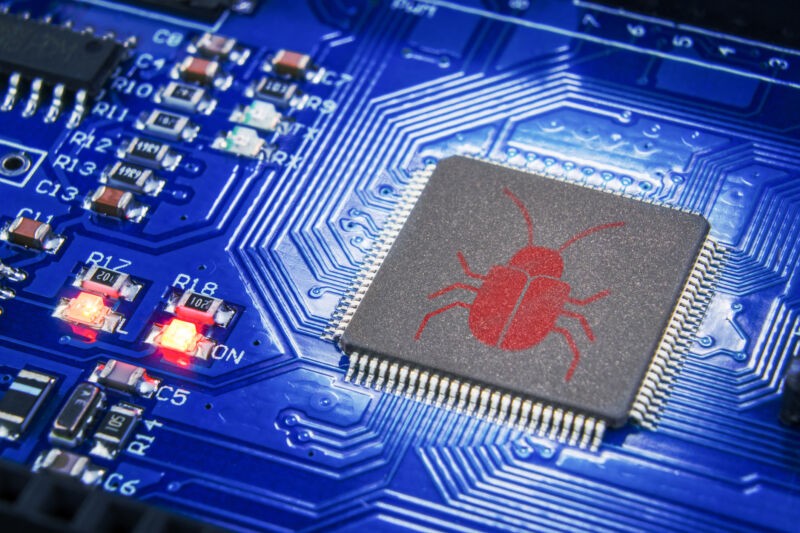Uncommon Extension In Keyboard Layout IME File Registry Value
Detects usage of Windows Input Method Editor (IME) keyboard layout feature, which allows an attacker to load a DLL into the process after sending the WM_INPUTLANGCHANGEREQUEST message. Before doing this, the client needs to register the DLL in a special registry key that is assumed to implement this keyboard layout. This registry key should store a value named "Ime File" with a DLL path. IMEs are essential for languages that have more characters than can be represented on a standard keyboard, such as Chinese, Japanese, and Korean.
Sigma rule (View on GitHub)
1title: Uncommon Extension In Keyboard Layout IME File Registry Value
2id: b888e3f2-224d-4435-b00b-9dd66e9ea1f1
3related:
4 - id: 9d8f9bb8-01af-4e15-a3a2-349071530530
5 type: derived
6status: experimental
7description: |
8 Detects usage of Windows Input Method Editor (IME) keyboard layout feature, which allows an attacker to load a DLL into the process after sending the WM_INPUTLANGCHANGEREQUEST message.
9 Before doing this, the client needs to register the DLL in a special registry key that is assumed to implement this keyboard layout. This registry key should store a value named "Ime File" with a DLL path.
10 IMEs are essential for languages that have more characters than can be represented on a standard keyboard, such as Chinese, Japanese, and Korean.
11references:
12 - https://www.linkedin.com/pulse/guntior-story-advanced-bootkit-doesnt-rely-windows-disk-baranov-wue8e/
13author: X__Junior (Nextron Systems)
14date: 2023/11/21
15tags:
16 - attack.defense_evasion
17 - attack.t1562.001
18logsource:
19 product: windows
20 category: registry_set
21detection:
22 selection:
23 TargetObject|contains|all:
24 - '\Control\Keyboard Layouts\'
25 - 'Ime File'
26 filter_main_known_extension:
27 Details|endswith: '.ime'
28 condition: selection and not 1 of filter_main_*
29falsepositives:
30 - IMEs are essential for languages that have more characters than can be represented on a standard keyboard, such as Chinese, Japanese, and Korean.
31level: high
References
Related rules
- Suspicious Path In Keyboard Layout IME File Registry Value
- Windows Defender Exclusion Deleted
- Windows Defender Exclusion List Modified
- Windows Defender Exclusion Reigstry Key - Write Access Requested
- Enable Remote Connection Between Anonymous Computer - AllowAnonymousCallback
